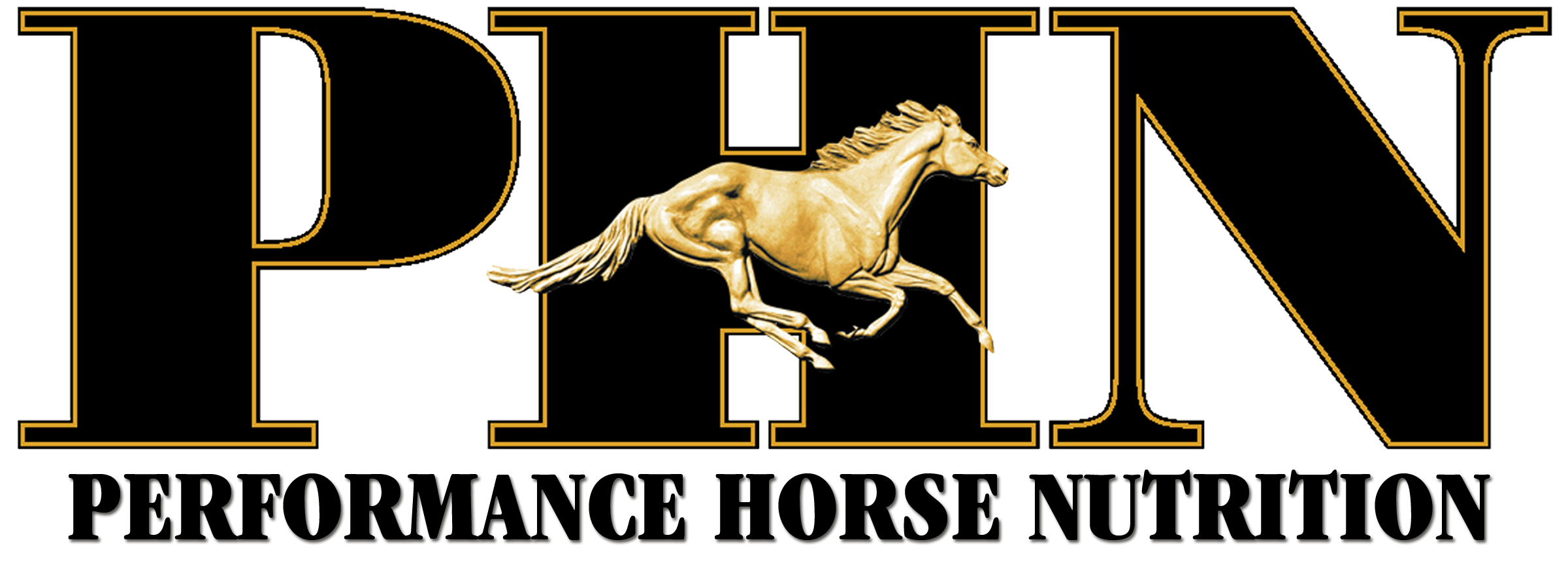Hyperkalemic periodic paralysis (HYPP) is a genetic disorder that affects cellular regulation of sodium and potassium. This disorder occurs in Quarter Horses and other light horses that trace their lineage to the Quarter Horse stallion Impressive. HYPP is characterized by sporadic muscle tremors (shaking or trembling), weakness or collapse, and potentially death. Nutrition management centers on keeping potassium concentrations in blood serum at low levels by limiting dietary intake of potassium. The normal diet of horses is based around forage. Unfortunately, forage is an abundant source of potassium with alfalfa hays usually containing higher levels of potassium than grass hays. Grain contains far less potassium, but if a concentrate is coated with molasses potassium levels increase. To minimize potassium intake, horses should be fed grass hays and concentrates that do not contain molasses. Access to pasture dilutes potassium intake because the moisture content of grass prevents horses from rapidly taking in large amounts of potassium. Sugar beet pulp can be fed as a low-potassium forage substitute. Replacing five pounds of hay with an equal amount of sugar beet pulp shreds significantly reduces potassium intake. A word of caution, however, is warranted. For horses that have not previously eaten it, beet pulp probably should be soaked in water prior to feeding to prevent horses from choking.
